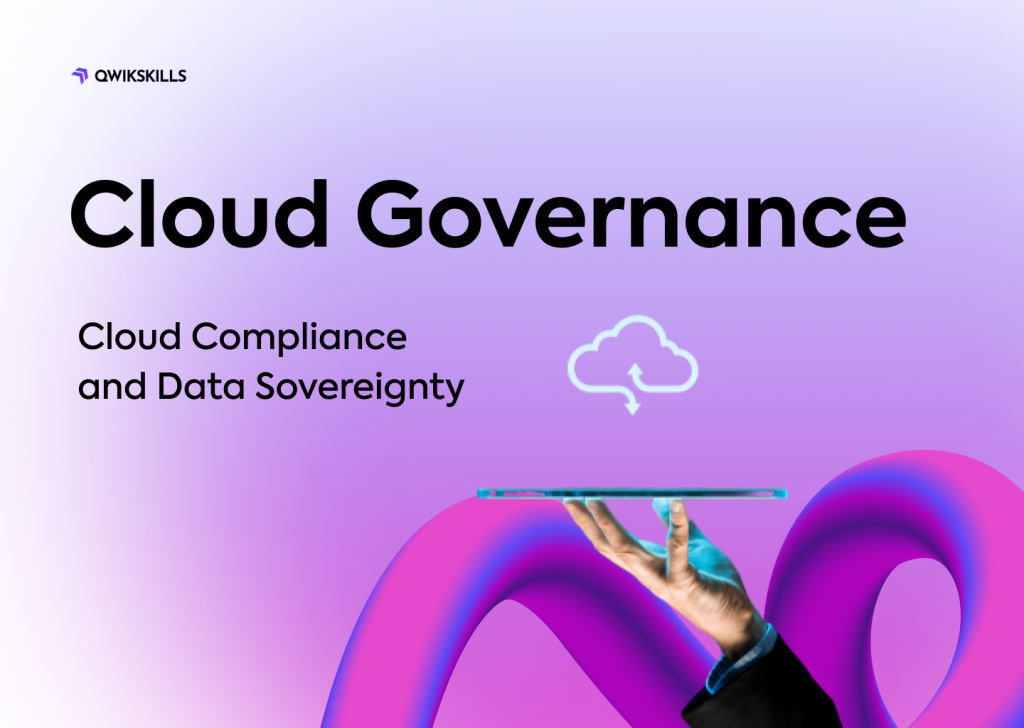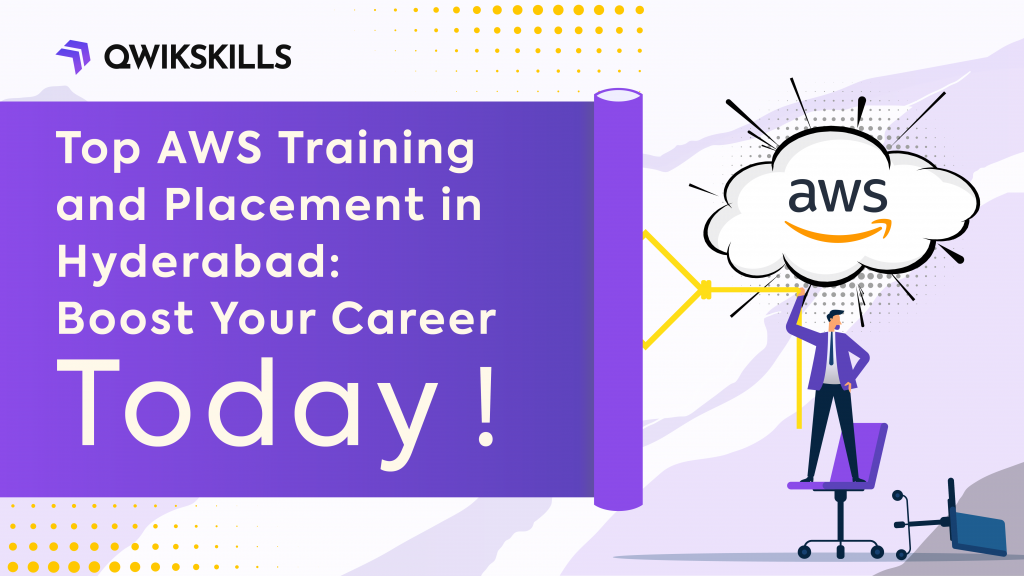This list is not exhaustive and is a checklist. You’re free to use it as a tool when you evaluate yourself or others based on DevOps/SRE skill sets or even just to prepare for job interviews related specifically to DevOps/SRE roles in general.
Please note that the order of the topics does not indicate their importance.
- Good understanding of how Linux works.
- Develop your Cloud Computing skills. Start by choosing a cloud infrastructure provider: Amazon Web Services, Google Cloud Platform, Digitalocean, or Microsoft Azure.
- The flow that starts when you hit google.com in the browser? DNS workflow basics.
- Learn distributed version control system Git and its basic commands (pull/push/commit/clone/branch/merge/logs…etc.).
- Be at ease with the Terminal. You may have GUIs to manage your servers but you have to LOVE the terminal no matter what’s the case.
- How to get the system processes metrics (netstat, top, free, df, etc)
- Familiarity with basic Docker commands (logs/inspect/top/ps/rm). Also, look into the docker hub (push/pull image)
- Understand backups like what is your backup strategy? How do you test if a backup is reliable
- Master useful commands like process monitoring commands (ps, top, htop), system performance commands (free), and network troubleshooting and analysis (tcpdump, ping, curl, netstat)
- How to set and unset ENV variables. Exporting ENV variables is temporary, how to export permanent variables?
These are the most important things that a beginner should focus on while trying to make their career in Cloud/DevOps/SRE fields.
Conclusion
All these resources are great to learn about what topics should be learned. In order to become eligible for a role in cloud computing — hands-on experience on cloud platforms like AWS, Azure, or GCP is a very good skill to have.
Cloud Certifications increase the chances of being shortlisted for DevOps & cloud roles. Qwikskills is a one-stop solution to prepare for cloud platforms certification exams & gain hands-on experience on them.



